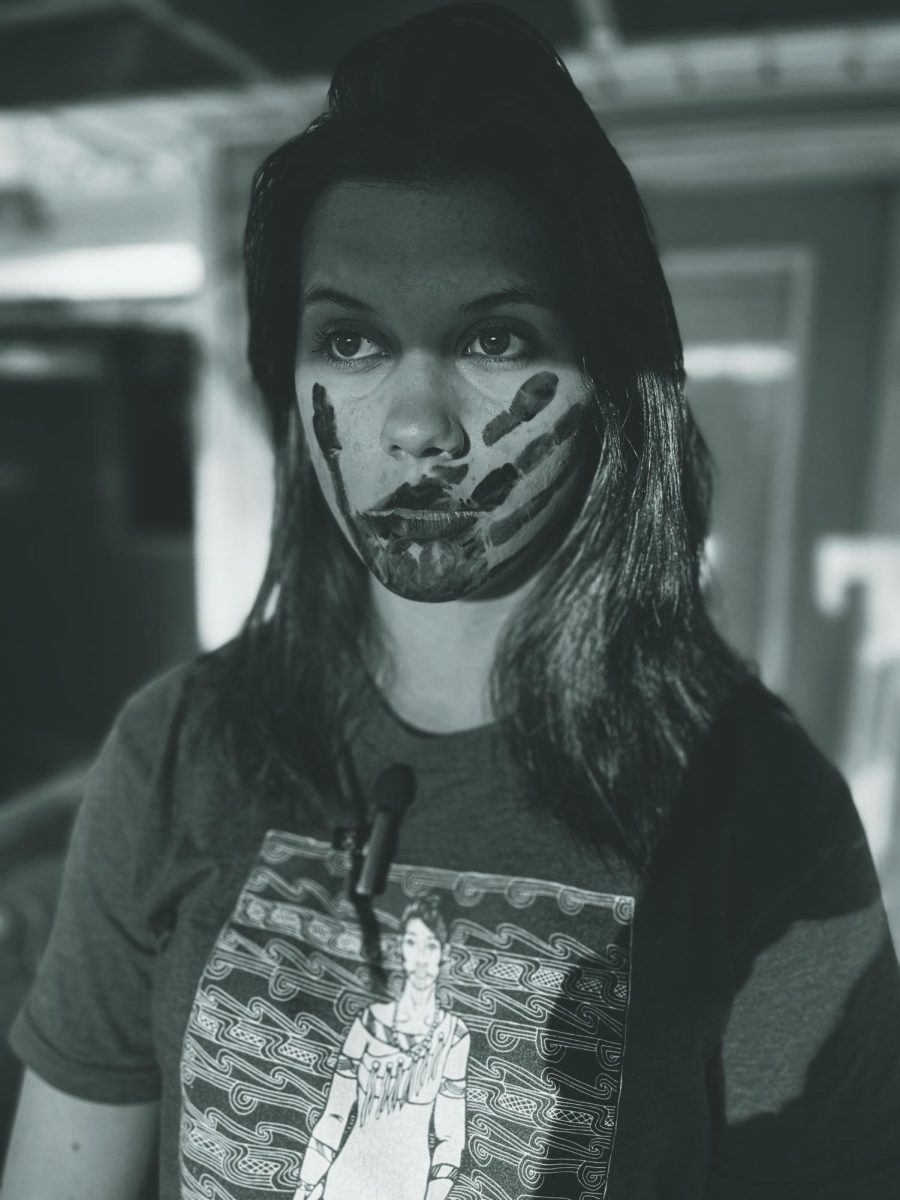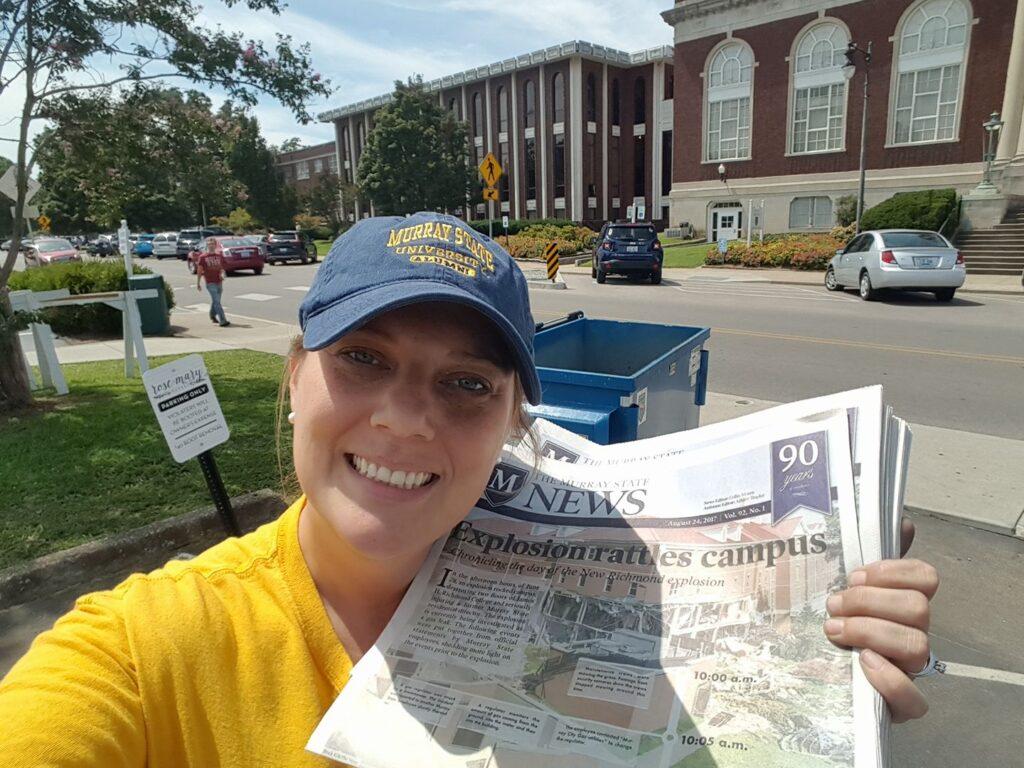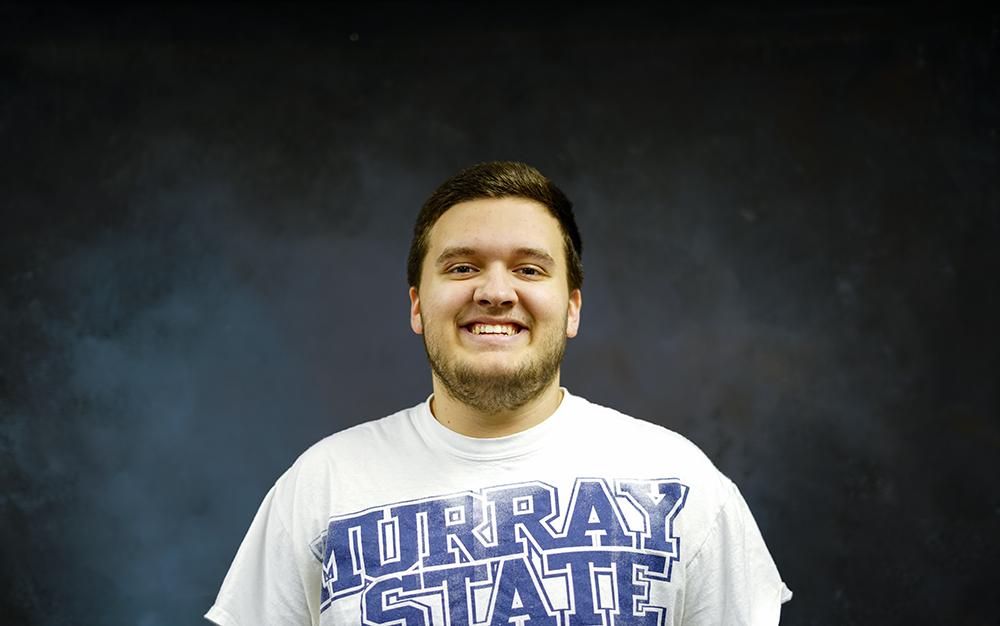In the life of a college professor, a portion of each week is taken up in what is referred to in academe as “office hours.”
If not in class, we are preparing for class: planning discussions, writing lecture outlines, grading essays, book reviews, or research papers, reading books and articles for background and context, or most importantly, meeting with you, our students.
We also prepare for and participate in those dreaded committee meetings: search committees, curriculum and planning committees, or just plain department meetings. And although useful results often come out of the “committee experience,” these tedious meetings take up time and energy.
Sometimes, we drive out to an area elementary, middle or high school to talk with the teachers or give presentations to students.
As faculty members, we also take to the road to present papers or attend conferences. At these conferences, we read papers that we have labored over, and we hope we will get constructive feedback so that we can strengthen the papers and eventually transform them into published articles and books.
Back at the University, I teach my classes, this semester American History classes before and after the Civil War. Sometimes, I feel let down because the class did not go as well as I had imagined, as I had dreamed and hoped it would go.
Sometimes, I walk out of the class invigorated by my students; their ideas have caused me to think of the subject in a new way, from a different point of view. Either way, I return to my office, loaded down with books and papers.
Back in my office, I sit before a computer screen, trying to make progress on a research project. I stare out a north-facing window for inspiration. I sit at my desk, with my office door open.
And then – I never know when – something miraculous happens. A student – you perhaps – politely, sheepishly tap on the door, peer in and ask if I am busy.
I learned something from a former colleague: whenever a student or faculty colleague darkened his door, he immediately dropped anything and everything he was doing, straightened up in his chair, and gave the student or colleague his undivided attention.
So, now I drop anything and everything that I am doing, straighten up in my chair and turn my attention to the reason I am here in the first place.
I invite the student in, nod toward a chair in front of my desk, and then settle in for a delightful discussion about history, a life’s calling or just life in general. You are invariably polite, even if you sometimes wonder, and even complain, about a lower than expected grade.
Usually, however, these “outside of class” meetings provide insight for me, the professor, and clarity for you, the student. Office hours are saved by these serendipitous encounters with students, and on any particular day, if only one student comes in to chat, a miracle takes place, the time is redeemed, and the gift exchange that teachers and students yearn for is realized.
Column by Duane Bolin, professor of history.































































































